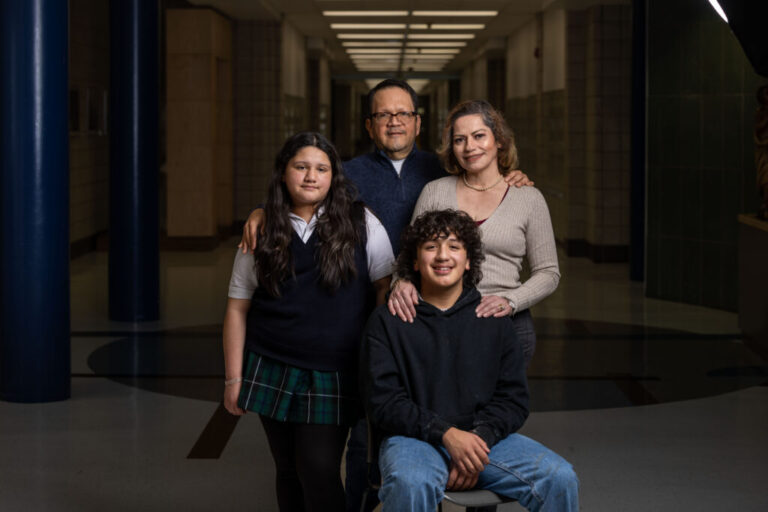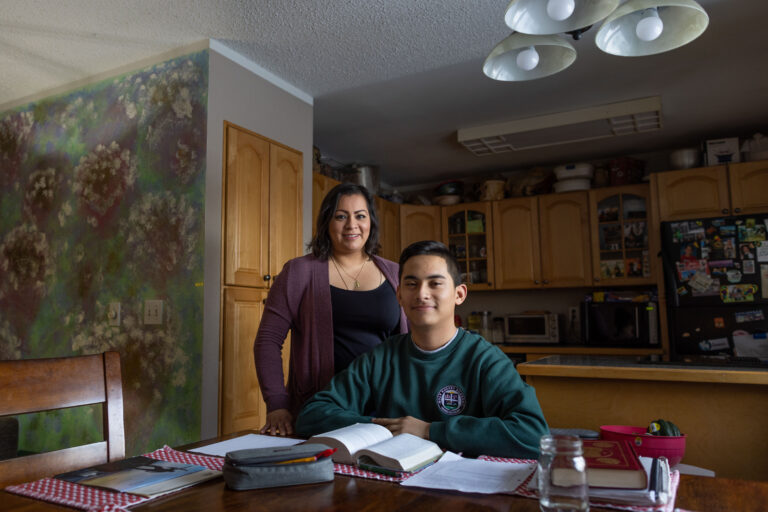Defending School Choice in New Hampshire
In June 2021, New Hampshire enacted the Education Freedom Account (EFA) Program, providing Granite State families with educational choice beginning in the 2021-22 school year. The program has been popular, with more than 3,000 students enrolled.
To qualify for the program, a student must be eligible to enroll in public school and come from a family that has an income that is equal to, or less than, 350% of the federal poverty line. Recipients can use the EFA for an array of educational expenses, including tuition, tutoring, and therapies.
But while parents count on the program to help them educate their children, opponents think those parents—even parents who cannot afford other options—should only be able to send their children to public schools. To that end, the head of the American Federation of Teachers in New Hampshire filed a lawsuit against the program alleging that funding for the program violates the state constitution and state law restricting use of revenue from the state lottery.
The Institute for Justice (IJ), the nation’s leading legal advocate for school choice, intervened to defend the program on behalf of three parents whose children are eligible to receive EFAs under the program. In November 2023, IJ partnered with EdChoice to form the Partnership for Educational Choice, and together now represent these families.
Case Background
In 2021, New Hampshire enacted one of the nation’s most expansive educational choice initiatives, the Education Freedom Account (EFA) Program. The program provides EFAs to New Hampshire families that children can use to pay for tuition, tutoring services, educational therapies, and other related expenses. To be eligible, children must come from families earning less than 350 percent of the federal poverty line, or about $105,000 for a family of four.
Fearing that newly empowered parents will use EFAs to take their children out of public schools, a national teachers’ union, the American Federation of Teachers, launched a lawsuit to stop the program in its tracks. The main claim against the EFA Program is that funds collected by the state lottery and from the state’s Education Trust Fund may only be used for public schools.
If the EFA program’s opponents succeed, they will deprive low-income families of the opportunity to send their children to schools that better meet their needs—and force these children back to the public schools that they are trying to leave. That is why IJ and EdChoice are defending the program on behalf of families who simply want more educational opportunities.
Client Families
Jessica Ash
Jessica Ash is the mother of three children. Her middle daughter and youngest son participate in the EFA Program. She enrolled her daughter in a nonpublic school after she had a PTSD episode in public school. Today, her middle daughter and son are thriving in their nonpublic school.
Amy Shaw
Amy Shaw is the mother of two children and lives in Rochester, New Hampshire. Her two girls have unique educational needs and the public schools failed to accommodate the older daughter. She relies on the program to send her daughters to a school that exceeds her expectations.
Karl Jackson
Karl Jackson and his wife are the parents of six children. Five of their children participate in the EFA Program.
Case Details
Case Name
Location
New Hampshire
Original Court
Merrimack County Superior Court
Current Court
Tennessee Court of Appeals
Date Filed
20221208




